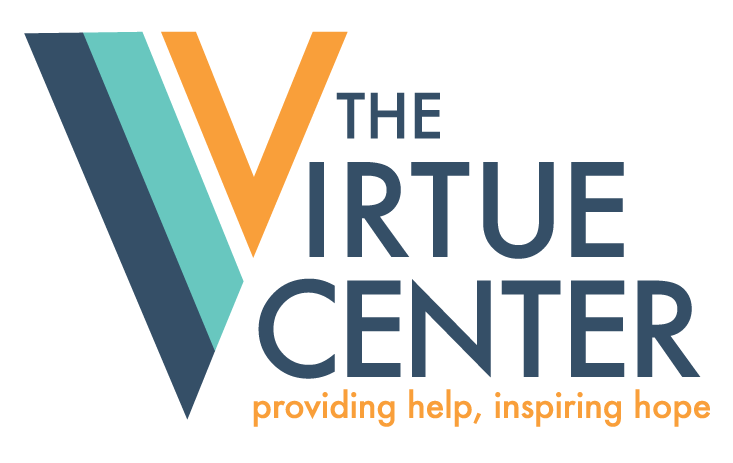A veteran shares his recovery from alcoholism
Those who choose to serve our country through military services are heroes. Men and women put their lives on the line so that as a country and as citizens, we can remain free and safe. Making this sacrifice can also result in substance use disorder and other mental health challenges such as Post Traumatic Stress Disorder (PTSD) and depression. The Military Veteran Project reports that 22 American veterans die by suicide every day, which is one veteran every 65 minutes. What support is there to help our veterans have good mental health as they transition from active duty to civilian life?
Patrick Outlaw is case manager and peer recovery support specialist for The Virtue Center, an outpatient treatment center for substance abuse disorder and related mental health challenges. He is also a veteran who served in Afghanistan and worked for 5 years at the Veterans Administration (VA). I asked him about his own recovery and how we could better help veterans.
Patrick shared, “As soldiers, we believe strongly in our mission and are so proud of our service. It’s difficult to ask for help when we survive while others have suffered even more greatly or have died. I was able to look death in the face so how can I not be strong after surviving that. I can do this.”
However, he could not.
Patrick started his recovery 13 years ago, and while it was a bumpy road, he now has 7 years of active recovery. Patrick learned it was easier to self-medicate with alcohol rather than do the things his family wanted him to do to get healthy. At one point, the police took him to a psychiatric ward at the VA Medical Center instead of putting him in jail.
“It was the wake-up call and slap in the face I needed. I had to make the decision to live or to die.”
For him, this was the start of his road to better health, and a peer support group was an important part of his journey. He also participated in treatment services through the Veteran’s Administration (VA) Returning OEF/OIF/OND Veterans Environment of Recovery (ROVER) program in Houston, Texas.
“The VA is amazing. When I got out of the military, I knew how to kick in doors, assault obstacles, set up demolitions — these are not skills that are helpful in a civilian life. I received the medical help I needed from the VA as well as the financial help needed to get my education. Many veterans are not aware of all the benefits the VA can provide disabled veterans,” said Patrick.
I asked him about how his life has changed since finding recovery. Patrick laughed and shared, “I stopped getting divorces. I stopped going to jail. My family and kids have me back. What I found is that the alcohol got in the way of managing my PTSD. The trauma is still there but symptoms get better. I can manage them better. Trauma makes me want to dive into my illness, and my illness wants to kill me. Recovery is the most important thing that has happened to me. It taught me how to live again. Today I live without feeding fear and regret. I focus on the present — that’s living.”
Patrick noted that helping other veterans when he worked at the VA was a critical part of his recovery and believes it would make a difference if there were more ways for veterans to give back to other veterans.
I am grateful for Patrick’s courage in sharing his story. Sharing our stories is how we help others know it’s ok to get help. Veterans especially need to hear this.
Resources available for veterans include:
Veteran’s Crisis Hotline: 1-800-273-8255, Press 1 or chat online at www.VeteransCrisisLIne.net, or send a text message to 838255 to receive free, confidential support 24 hours a day, 7 days a week.
Dale K. Graham Veterans Foundation, (405) 550-8806
Veterans Corner, www.veteranscornerok.org, (405) 387-5070
American Legion, okamlegion.org, (405) 942-1705
